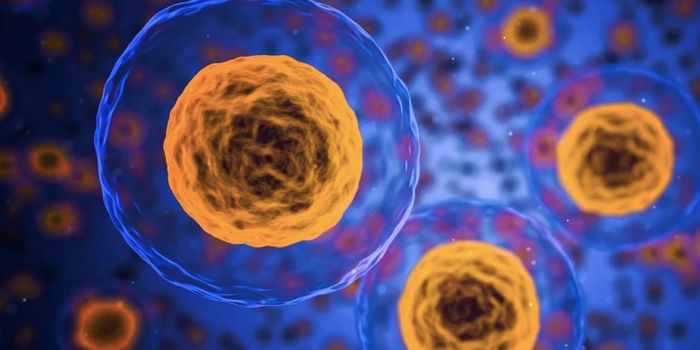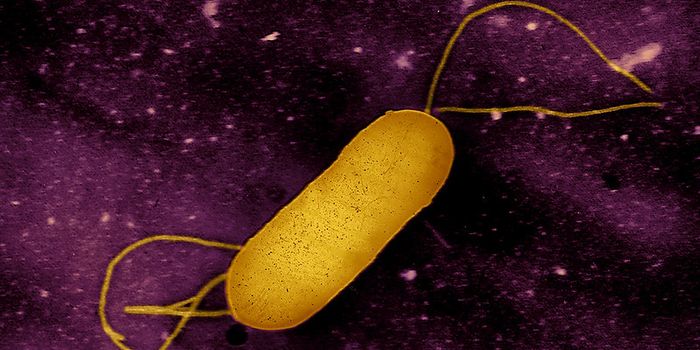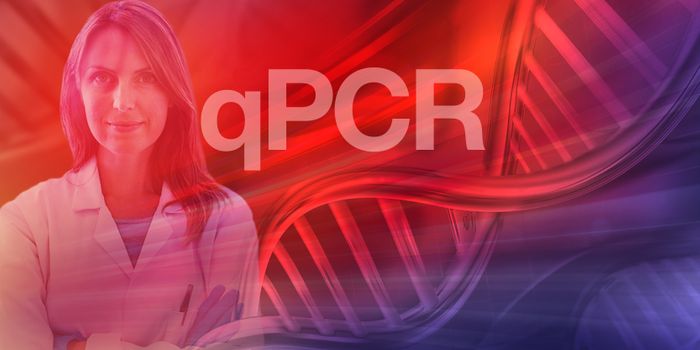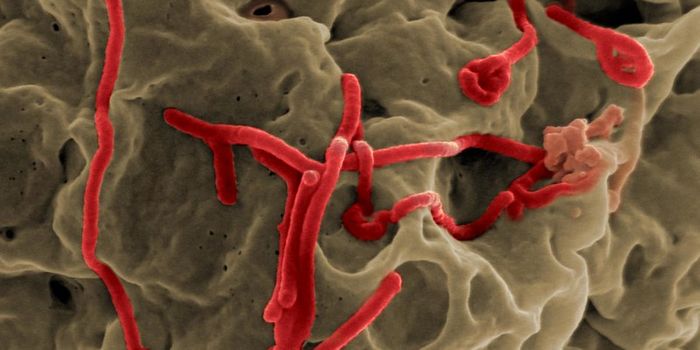Viruses That Infect Bacteria May Impact the Environment
Our world is teeming with many different kinds of microorganisms, which interact with us, one another, and the environment. Scientists at the University of Tennessee, Knoxville are seeking to learn more about the relationships between bacteria that live in the ocean and the viruses that can infect them. Those microbes have a critical influence on our planet.
“Marine microbes are uniquely responsible for carrying out processes that are essential for all of earth's biogeochemical cycles, including many that play a role in climate change,” explained Alison Buchan, the Carolyn W. Fite Professor of Microbiology at the University of Tennessee, Knoxville.
We know that just like much larger organisms, the bacteria, viruses, and other microbes on Earth have to compete for space and resources, and survive among one another. In a microbial community, bacteria have an arsenal of weapons they can use against other species in that competition for survival. Some bacteria might produce antibiotics, for example.
It's also known that bacteria can be infected with viruses - called bacteriophages, but those viruses don’t always kill the microorganisms that they infect. In some cases, infectious viruses might benefit their host microbes, and scientists are learning more about how such viruses might aid bacteria in their fight for resources. Investigators like Buchan want to know whether bacteria infected with viruses can use that in the battle against other microbes.
"We have recently discovered that while they are in the process of dying, microbes can produce new viruses that then go to attack their original invader. This is a form of resistance we had not observed before," said Buchan.
Those beneficial microbial relationships might be able to help us learn more about how microorganisms are involved in and responding to changes in our climate and environment.
Buchan is interested in how that competition works to stabilize microbial populations loving in marine environments. The right balance of microbes might be critical to biogeochemical processes that relate to climate change and impact humans.
Sources: AAAS/Eurekalert! Via University of Tennessee at Knoxville






![Master Lab Weighing: Accuracy, Compliance & Audits [eBook]](https://d3bkbkx82g74b8.cloudfront.net/eyJidWNrZXQiOiJsYWJyb290cy1pbWFnZXMiLCJrZXkiOiJjb250ZW50X2FydGljbGVfcHJvZmlsZV9pbWFnZV85MWRmZmRjMDIwNDBlMWJjMzYwN2ZiYWY2ZjI4ZGMzYzBmZGMwZGMyXzkxOTcucG5nIiwiZWRpdHMiOnsidG9Gb3JtYXQiOiJqcGciLCJyZXNpemUiOnsid2lkdGgiOjcwMCwiaGVpZ2h0IjozNTAsImZpdCI6ImNvdmVyIiwicG9zaXRpb24iOiJjZW50ZXIiLCJiYWNrZ3JvdW5kIjoiI2ZmZiJ9LCJmbGF0dGVuIjp7ImJhY2tncm91bmQiOiIjZmZmIn19fQ==)

